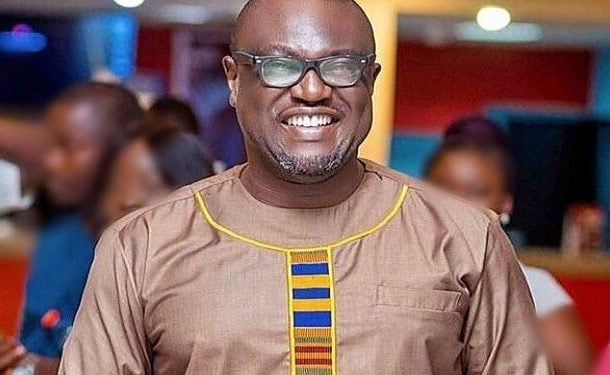Ghanaian actor and broadcaster Mikki Osei-Berko has recently expressed a potential interest in returning to politics, citing his dissatisfaction with the current governance in the country. In an interview with Joy Prime, he reflected on his previous experience as an Assembly Member for the Ayidiki Electoral Area in Accra, which he undertook about two decades ago. When asked if he would contemplate a run for Parliament again, he responded affirmatively, indicating that there are numerous pressing issues that have been overlooked by lawmakers and that the country could benefit from the involvement of more conscientious leaders. This desire to engage in politics is driven by his belief that the current political landscape is failing to address essential needs of the Ghanaian populace.
Mikki’s critique of the government focuses on its heavy reliance on taxation and excessive borrowing, which he argues are not sustainable practices for development. He underscores a lack of creativity among Ghanaian leaders when it comes to generating sustainable revenue streams. He advocates for a shift towards more innovative, business-oriented governance that harnesses the nation’s potential for investment, creativity, and economic sustainability. He articulated the need for governance that goes beyond merely collecting taxes and incurring debt, positing that Ghana has untapped opportunities that, if properly managed, could bolster the economy and improve the lives of its citizens.
Reflecting on his earlier political journey, Mikki shared that his decision to run for office was motivated by a divine inspiration rather than a calculated political strategy. He candidly admitted that he did not consult anyone before making the decision, feeling that it was a calling that he could not ignore. Despite being aware of the tough competition and the likelihood of an uphill battle, he managed to secure his position as an Assembly Member, demonstrating his commitment and determination to serve his community. However, he ultimately stepped away after one term to pursue further studies at the New York Film Academy, a decision he made to enhance his qualifications and his ability to contribute meaningfully to governance in the future.
Mikki’s academic pursuits did not dampen his engagement with the public; instead, he remains a prominent figure in Ghana’s entertainment industry, known for his captivating roles across various platforms including his unforgettable character Kokonsa on Radio Gold, as well as his performances in popular television shows like Dada Boat and Master Richard. His success in entertainment reveals his versatility and underscores the possibility of impactful influence through diverse avenues. Despite his focus on acting and broadcasting, his heart appears to remain tethered to civic responsibilities and concerns over national governance issues.
Noteworthy is Mikki’s commitment to using his platform for societal betterment, emphasizing the importance of leadership that prioritizes creativity and sustainability. He believes that the skills and knowledge he gains will empower him to offer innovative solutions to the challenges facing Ghana. By merging his experiences in entertainment with his aspirations in politics, Mikki hopes to inspire change that resonates with the everyday experiences of Ghanaians. His vision for a better governance framework highlights a broader conversation in Ghana about the need for leaders who are not only accountable but also proactive in creating pathways for economic growth and social equity.
In summary, Mikki Osei-Berko’s reflections on his political aspirations shine a light on the existing discontent with the governance model in Ghana. His thoughts on the current administration’s reliance on taxes and loans resonate with the growing sentiment among citizens who seek more innovative approaches to national development. Together with his past political experience and a strong desire to improve the community, Mikki embodies the intersection of entertainment and public service, aiming to leverage his influence for positive change within the Ghanaian political landscape. As he considers the possibility of a political comeback, he stands as a symbol of hope for those advocating for a governance system that fosters creativity, sustainability, and active civic engagement.


